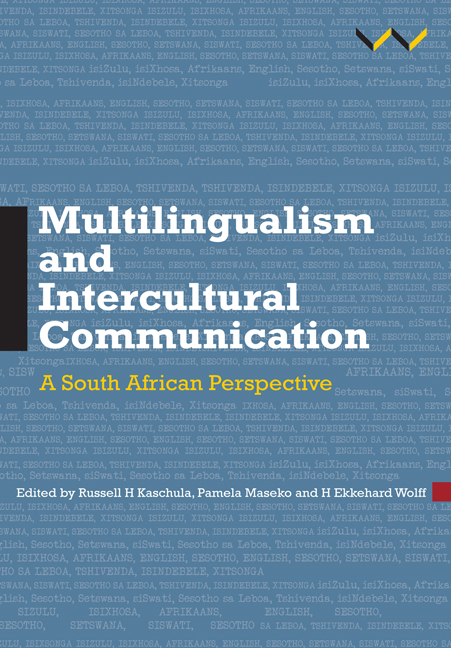Book contents
- Frontmatter
- Contents
- Tables and figures
- Preface
- Abbreviations and acronyms
- Central terms and concepts
- Introduction
- Prologue: The essentialist paradox in intellectual discourse on African languages
- Part One African language empowerment: concept formation and intellectualisation
- Part Two Language planning, terminology development and dictionaries
- Part Three Language in education
- 7 Managing multilingualism in education: policies and practices
- 8 University multilingualism: modelling rationales for language policies
- 9 Language development and multilingualism at the Cape Peninsula University of Technology
- 10 Teacher development: promoting a biliteracy approach to epistemic access
- Part Four Language in the professions: law, media, science and language technology
- Part Five Language, culture and intercultural communication
- Acknowledgements
- Contributors
- Index
7 - Managing multilingualism in education: policies and practices
from Part Three - Language in education
Published online by Cambridge University Press: 23 March 2018
- Frontmatter
- Contents
- Tables and figures
- Preface
- Abbreviations and acronyms
- Central terms and concepts
- Introduction
- Prologue: The essentialist paradox in intellectual discourse on African languages
- Part One African language empowerment: concept formation and intellectualisation
- Part Two Language planning, terminology development and dictionaries
- Part Three Language in education
- 7 Managing multilingualism in education: policies and practices
- 8 University multilingualism: modelling rationales for language policies
- 9 Language development and multilingualism at the Cape Peninsula University of Technology
- 10 Teacher development: promoting a biliteracy approach to epistemic access
- Part Four Language in the professions: law, media, science and language technology
- Part Five Language, culture and intercultural communication
- Acknowledgements
- Contributors
- Index
Summary
The context
As a country with 11 official languages, South Africa is strongly reliant on a lingua franca for communication across linguistic and cultural borders. With the hegemony of Afrikaans steadily declining since the transition to an inclusive democracy in 1994, English has, not surprisingly, emerged as the most powerful contender, its status as a global language no doubt serving as the driving force. Perceived as a status marker, for many South Africans English has become symbolic of education, affluence, internationalism and freedom (for example, see Nomlomo 2004; Sigcau 2004; Heugh 2007). It is regarded as serving not only the nation in promoting public and cross-cultural communication2 but even more so the individual, as the golden key to upward socioeconomic mobility. How this perception of the value of English will affect traditional identities, indigenous languages and cultural heritage is a moot point. Whatever the long-term effect, South Africans who at this point in time have acceptable levels of proficiency in English, certainly do benefit from it (Heugh 2007). For this reason, the conviction prevails that all South African learners should be allowed equal and sufficient opportunities to attain an enabling level of English proficiency. The reality, however, is that comparatively few South African learners have been afforded such access and, ‘whilst English is believed to be the horizontal language of access, it has in effect become the vertical language of exclusion’ (Heugh 2007: 200).
Scholars such as Nomlomo (2004) and Probyn (2005) have referred to a common misconception that being exposed to English as medium of instruction (MoI)3 for as much time as possible, regardless of the learner's first language (L1), is a secure strategy for attaining a high level of proficiency in the MoI. Although the national Language in Education Policy (DoE 1997) promotes, on linguistically solid grounds, additive bilingualism4 with the home language as MoI at least during the foundational years, it is widely agreed that this policy has not been actively implemented (Plüddemann et al. 2004; Heugh 2007; Beukes 2008). According to Probyn (2005), the African schools that adapted their language policy generally chose to incorporate English as the language of learning and teaching at an even earlier stage than is recommended.
- Type
- Chapter
- Information
- Multilingualism and Intercultural CommunicationA South African perspective, pp. 131 - 156Publisher: Wits University PressPrint publication year: 2017



